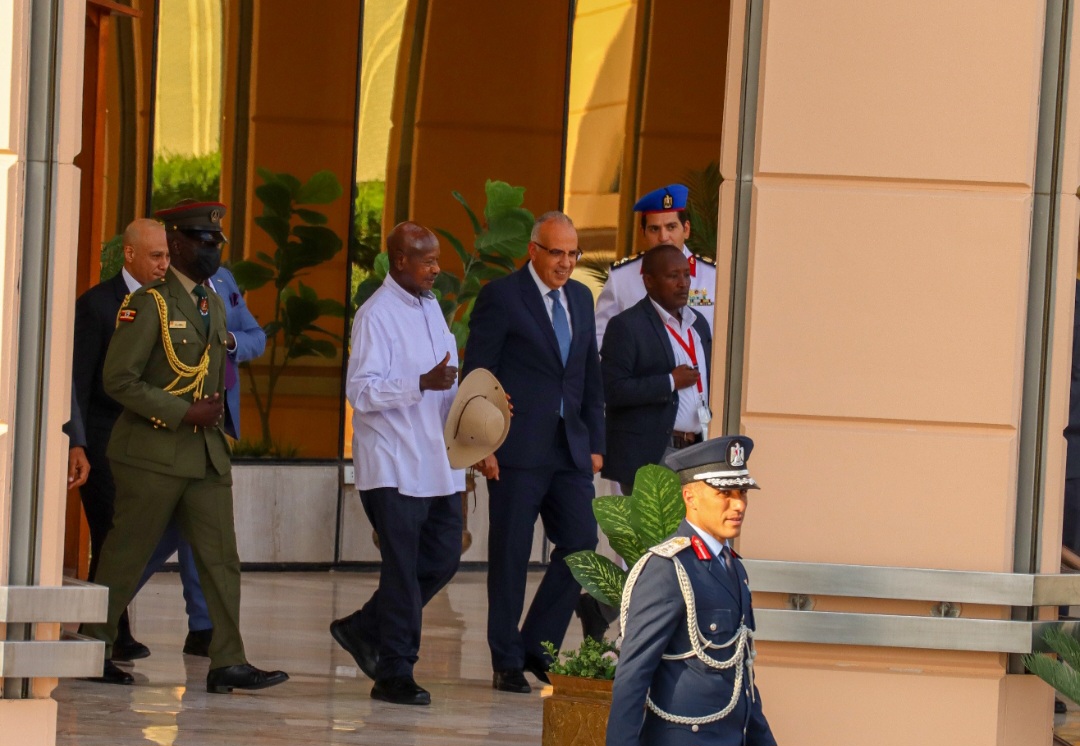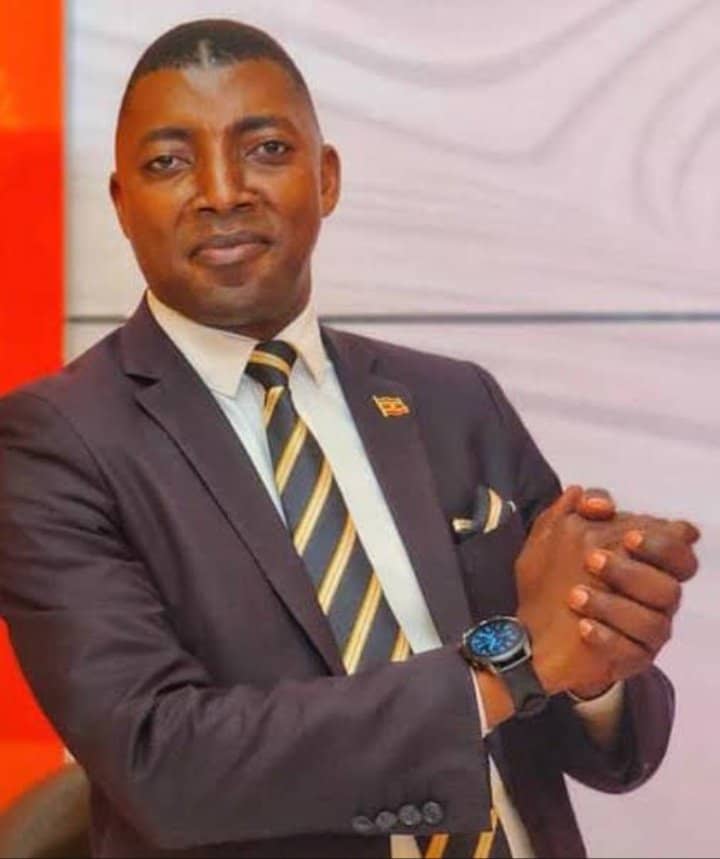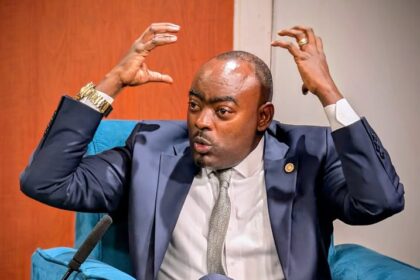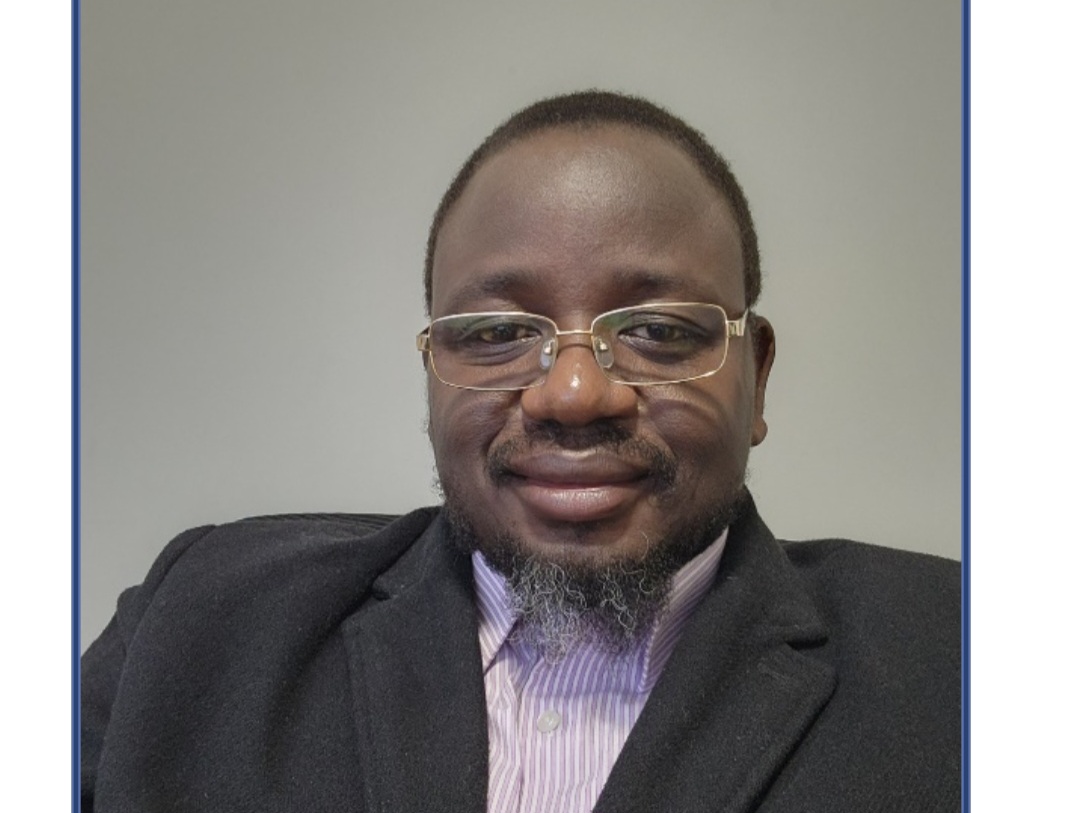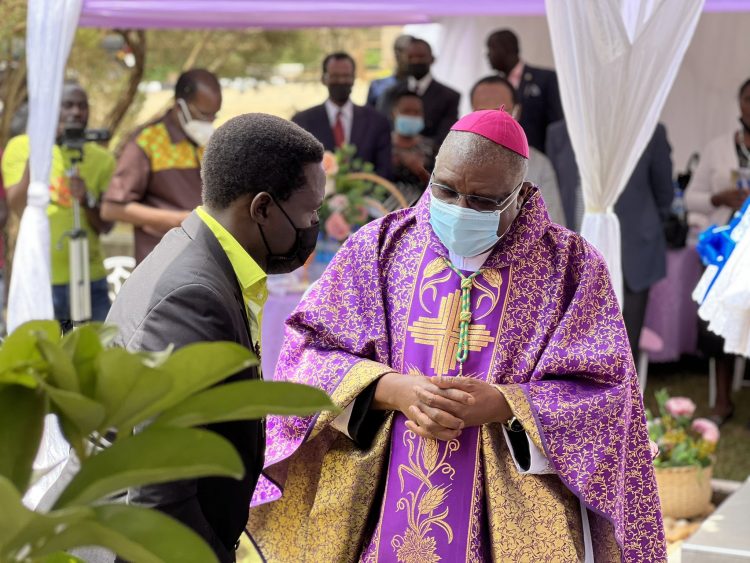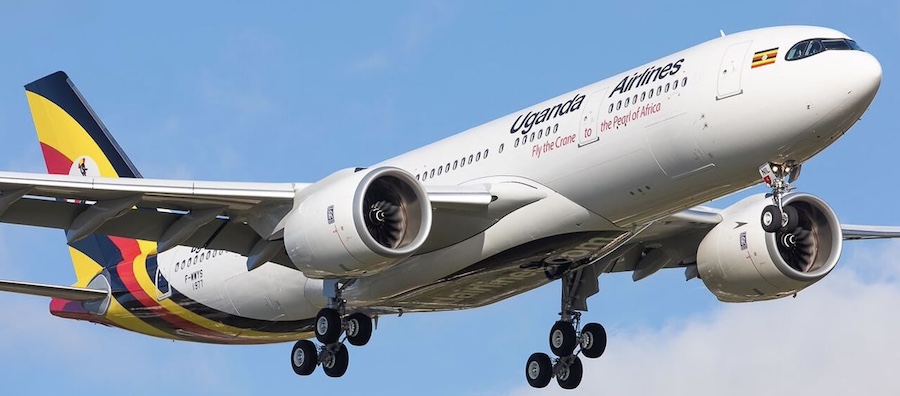General Muhoozi Kainerugaba’s tenure as Chief of Defence Forces (CDF) of the Uganda People’s Defence Forces (UPDF) has been marked by a blend of reformist zeal, strategic ambition, and political undertones that continue to shape Uganda’s security landscape and its future leadership narrative. Appointed in March 2024, Muhoozi stepped into the role with a clear mandate: to modernize the army, restore discipline, and position Uganda as a regional power broker. What followed was a series of bold moves that not only redefined the UPDF’s operational posture but also signaled his growing influence in Uganda’s political sphere.
One of Muhoozi’s most pronounced priorities has been the fight against corruption within the UPDF. Long plagued by allegations of mismanagement and resource leakage, the army had become a symbol of both strength and systemic rot. Muhoozi’s approach was direct—he declared war on graft, emphasizing that the welfare of soldiers, the modernization of equipment, and the integrity of military operations could only be achieved through transparency and accountability. Under his leadership, procurement processes were tightened, audits became more frequent, and senior officers were held to higher standards. While the full impact of these reforms is still unfolding, there is a palpable shift in how the UPDF manages its resources and communicates its mission to the public.
Beyond internal reforms, Muhoozi has been instrumental in capacity building and institutional development. His tenure saw the completion of a state-of-the-art joint headquarters for the Ministry of Defence and the UPDF in Mbuya, Kampala—a project that had stalled for years due to logistical and financial constraints. He also championed the establishment of the National Defence College, a strategic move aimed at professionalizing military leadership and aligning Uganda’s defense doctrine with global standards. These initiatives have not only enhanced the UPDF’s operational readiness but also positioned it as a more disciplined and forward-looking force.
Muhoozi’s influence extends beyond Uganda’s borders. As the architect of Operation Shujaa—a joint military offensive with the Democratic Republic of Congo (DRC) targeting Allied Democratic Forces (ADF) rebels—he demonstrated a commitment to regional peace and counterterrorism. The operation, which involved coordinated strikes and intelligence sharing, was hailed as a success in degrading ADF capabilities and restoring relative calm to Eastern DRC. Muhoozi’s diplomatic engagements with Congolese military officials led to the signing of a Memorandum of Understanding that expanded cooperation and laid the groundwork for long-term stabilization efforts. His lectures in Rwanda and Ethiopia on African military unity further underscored his vision of a continent where security is collaborative and borders are not barriers to peace.
Internally, Muhoozi has had to navigate complex challenges, including border clashes with South Sudan. The deadly skirmishes in Kajo-Keji County, which claimed lives on both sides, threatened to destabilize relations between the two nations. Muhoozi responded swiftly, initiating joint investigations and engaging President Salva Kiir in high-level talks. His diplomatic finesse helped de-escalate tensions and reaffirm Uganda’s commitment to regional stability. This episode highlighted his ability to balance military assertiveness with political tact—a skill that has become increasingly relevant as he steps into the national spotlight.
Another thorny issue Muhoozi tackled was the disarmament campaign in Karamoja, a region historically plagued by cattle rustling and armed violence. The Usalama kwa Wote initiative, which he continued and expanded, led to the recovery of over 1,170 firearms and the rescue of thousands of stolen livestock. While the campaign was praised for restoring order, it also drew criticism from human rights groups over alleged abuses during cordon-and-search operations. Muhoozi responded by integrating development incentives into the campaign, including youth programs and infrastructure projects, signaling a shift from purely militarized solutions to more holistic approaches.
In a region increasingly shaped by youth-led movements and digital activism, Muhoozi has positioned himself as a bulwark against potential Gen-Z uprisings. With Kenya witnessing waves of youth protests over economic and political grievances, Muhoozi has taken a proactive stance in Uganda. He has engaged young people through donations, public dialogues, and involvement in national development projects. His unconventional style—described by Gen. Salim Saleh as “crazy educated Gen Z”—has resonated with a segment of the population that feels alienated by traditional politics. By presenting himself as both a soldier and a relatable figure, Muhoozi has managed to build a bridge between the establishment and the emerging generation.
Perhaps one of his most significant diplomatic achievements has been the restoration of Uganda-Rwanda relations. After years of tension marked by border closures and mutual suspicion, Muhoozi played a pivotal role in reopening diplomatic and military channels. His meetings with President Paul Kagame, once strained, evolved into strategic dialogues that culminated in a defense pact aimed at mutual protection and intelligence sharing. This rapprochement not only improved bilateral ties but also reinforced Uganda’s position as a stabilizing force in the Great Lakes region.
All these achievements have inevitably fueled speculation about Muhoozi’s political ambitions. His rapid ascent—from Special Forces Commander to CDF—has been interpreted by many as grooming for succession. The formation of the Patriotic League of Uganda (PLU), a political movement with strong youth appeal, and the strategic appointment of allies to key ministerial positions suggest a well-orchestrated campaign. While Muhoozi has not officially declared his candidacy in any future election, his actions speak louder than words. He is building a base, crafting a narrative, and positioning himself as the natural heir to President Yoweri Museveni.
Yet, his journey has not been without controversy. Critics have labeled him reckless, citing his infamous tweet about invading Kenya—a diplomatic faux pas that led to an apology from President Museveni. Others have questioned his intellectual capacity and temperament, pointing to erratic social media behavior and a lack of political experience. One critic once described him as “a hooligan,” while European Union diplomats expressed concern over his impact on Uganda’s international image. These criticisms, however, have not derailed his momentum. In fact, following the Kenya tweet, Muhoozi was promoted to full General—a move that many saw as a reaffirmation of his standing within the establishment.
Supporters argue that Muhoozi is misunderstood. They point to his operational successes, his closeness to soldiers, and his ability to connect with ordinary Ugandans. Wilson Kajwengye, Member of Parliament, described him as “a soldier through and through… close to his soldiers.” Ronald Atuzarirwe of the Kampala Post declared, “He’s the future of Uganda.” These endorsements reflect a growing belief that Muhoozi, despite his flaws, represents a new kind of leadership—one that blends military discipline with populist appeal.
In the final analysis, General Muhoozi Kainerugaba’s tenure as CDF has been transformative. He has reformed the army, strengthened regional alliances, tackled internal security challenges, and positioned himself as a central figure in Uganda’s political future. Whether the country embraces a dynastic transition or demands a more democratic alternative, Muhoozi has undeniably reshaped the conversation around succession. His next moves—especially in the lead-up to the 2026 elections—will determine whether he is remembered as a reformer, a disruptor, or a future president.
The writer is a Deputy RCC for Nakawa division in Kampala
Do you have a story in your community or an opinion to share with us: Email us at Submit an Article



